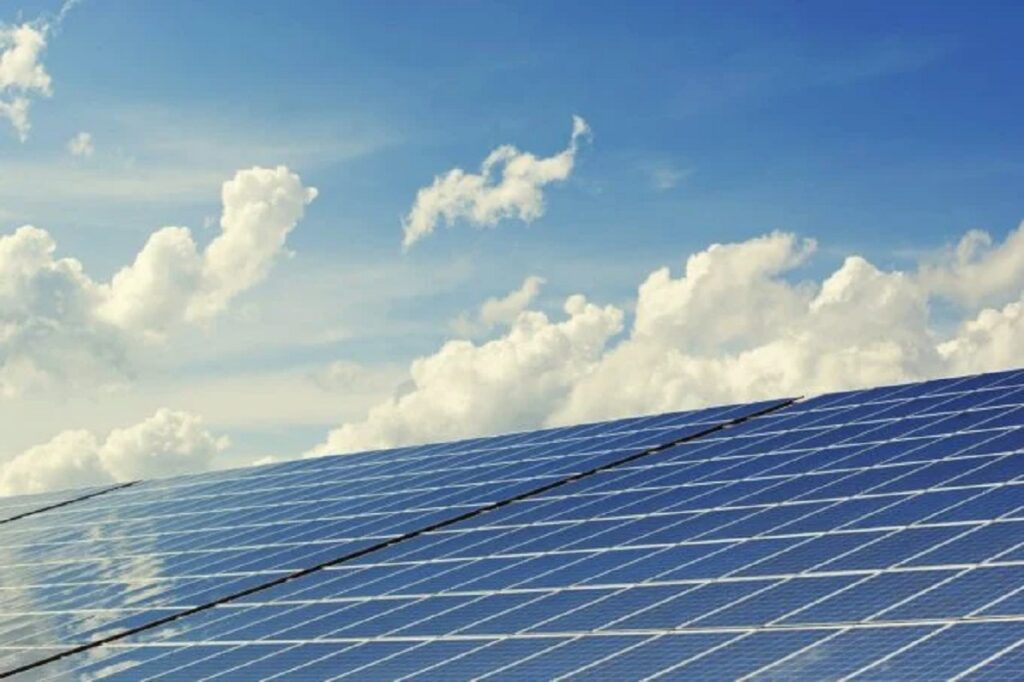As energy prices soar and environmental concerns mount, choosing the right heating system has never been more critical. Homeowners are often overwhelmed by the variety of options available—heat pumps, pellet stoves, gas systems—and each installer touts the merits of their solution. But what does the science say? A team of German researchers has finally provided clear, data-driven answers to help guide the decision-making process.
A Rigorous Methodology That Changes the Game
The researchers didn’t cut corners. To deliver reliable results, they simulated the performance of 13 different heating systems in a typical two-story home. Their approach combined life cycle analysis (LCA) to evaluate environmental impact and net present value (NPV) to assess economic viability. This dual analysis allowed the team to identify the most effective solutions across all parameters.
The study took into account all the key factors: installation costs, energy consumption, maintenance fees, CO2 emissions, and the use of natural resources. The researchers even factored in projected energy price trends and potential changes in Germany’s electricity mix.
Air-to-Water Heat Pump with Photovoltaics Tops the List

The results were clear: the air-to-water heat pump combined with photovoltaic panels emerged as the leader in terms of eco-efficiency. This system had 17% less environmental impact than the traditional gas boiler and reduced costs by 6%. Even under the most pessimistic scenarios considered by the researchers, this solution outperformed many alternatives.
Several factors contribute to the impressive performance of this duo. First, the air-to-water heat pump efficiently harnesses energy from the outside air. Second, the integration of photovoltaic panels significantly lowers electricity costs while also reducing the carbon footprint of the system. The researchers even noted that optimizing photovoltaic self-consumption could further improve these results.
Surprises in the Ranking
In a surprising turn, the wood gasification boiler secured the second position for eco-efficiency. With a 42% lower environmental impact than the gas boiler, it offers strong performance, despite a 20% higher upfront cost. This favorable outcome is largely due to the use of wood as a renewable resource, provided it comes from sustainable forestry practices.
However, not all “green” systems performed as expected. The pellet boiler combined with solar thermal and the heat pump with ice storage ranked poorly in terms of eco-efficiency. The researchers explained that the complexity and high costs of these systems outweighed their environmental benefits.
The gas boiler, though cost-effective to operate, was penalized for its significant environmental impact. It generated the highest greenhouse gas emissions among all the systems studied, even when paired with solar thermal panels.
Key Takeaways
- The air-to-water heat pump with photovoltaics is the most eco-efficient system.
- The wood gasification boiler impresses by securing second place.
- Complex systems like the pellet boiler with solar thermal underperform, despite their eco-friendly image.
In conclusion, the research highlights that when it comes to heating systems, simplicity and efficiency often lead the way. The air-to-water heat pump combined with photovoltaic panels not only provides long-term cost savings but also proves to be the best option for reducing environmental impact. As energy costs continue to rise, this innovative solution could be the key to a sustainable and cost-effective future for homeowners.






